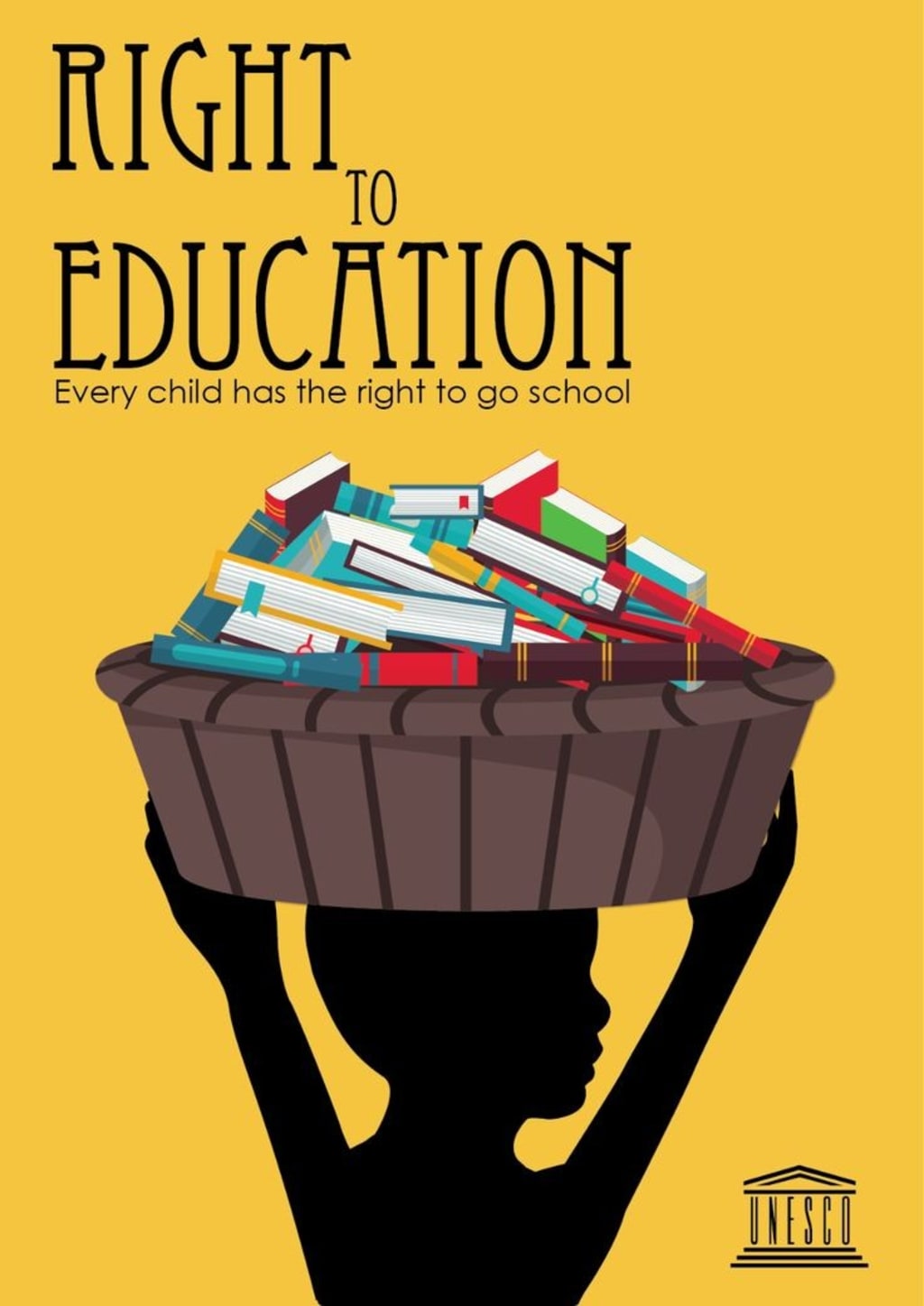
Introduction
Education serves as a fundamental pillar in the development and progress of individuals and societies alike. It transcends mere instruction and equips individuals with the knowledge, skills, and perspectives necessary to navigate the complexities of life. With its transformative power, education has the potential to break down barriers, empower minds, and shape brighter futures. This essay explores the multifaceted dimensions of education, its significance in personal and societal growth, the challenges it faces, and the opportunities it presents.
1. The Purpose of Education
Education embodies a broader purpose beyond the mere transmission of knowledge. It aims to foster holistic development, cultivating critical thinking, creativity, and emotional intelligence. Education equips individuals with the ability to learn, unlearn, and adapt to a rapidly changing world. Moreover, it instills ethical values, social responsibility, and empathy, enabling individuals to become active contributors to their communities.
2. The Role of Education in Personal Development
Education plays a pivotal role in nurturing personal growth. It provides individuals with opportunities for self-discovery, enabling them to identify their passions, talents, and interests. Through a well-rounded education, individuals can develop a sense of purpose, cultivate resilience, and acquire the skills necessary for success. Furthermore, education fosters lifelong learning, empowering individuals to continuously expand their horizons and adapt to new challenges.
3. Education as a Catalyst for Societal Progress
Societal progress hinges upon the quality and accessibility of education. An educated populace serves as the foundation for economic growth, political stability, and social harmony. Education promotes social mobility, breaking the cycle of poverty and inequality. It also fuels innovation, as educated individuals possess the knowledge and skills to drive technological advancements and address pressing global challenges.
4. Challenges and Disparities in Education
Despite its transformative potential, education faces numerous challenges and disparities worldwide. Inadequate infrastructure, insufficient funding, and unequal access hinder educational opportunities for marginalized communities. Gender and socio-economic disparities further exacerbate the divide, perpetuating cycles of disadvantage. Additionally, rigid educational systems often fail to adapt to the evolving needs of learners and the demands of a rapidly changing world.
5. Transformative Education: Innovative Approaches
To address the shortcomings of traditional education, innovative approaches have emerged, seeking to create more inclusive, relevant, and student-centered learning environments. These approaches include personalized learning, project-based learning, and experiential learning, among others. By tailoring education to individual needs, leveraging technology, and fostering active engagement, transformative education initiatives strive to enhance learning outcomes and bridge educational gaps.
6. The Global Education Agenda
Recognizing the vital role of education, the international community has prioritized it on the global agenda. The United Nations Sustainable Development Goal 4 aims to ensure inclusive and quality education for all by 2030. This goal calls for increased investment in education, equitable access, teacher training, and curriculum development. Global cooperation and partnerships are vital to achieving these ambitious targets and fostering a more equitable and sustainable future.
7. Education and the Future
Looking ahead, the future of education holds immense potential and challenges. Technological advancements, such as artificial intelligence and virtual reality, will reshape educational landscapes, opening up new avenues for learning and collaboration. However, ethical considerations, digital divide concerns, and the need for personalized human interaction must be carefully navigated. Moreover, addressing environmental sustainability,
Children's education forms the bedrock of their development, shaping their cognitive abilities, social skills, and character. It is during their formative years that children lay the foundation for lifelong learning, critical thinking, and creativity. This essay explores the crucial role of education in children's lives, the benefits it brings, the challenges it faces, and effective strategies to enhance their educational experiences.
1. The Importance of Early Childhood Education
Early childhood education plays a pivotal role in children's overated development. It promotes cognitive, linguistic, social, and emotional growth during their most receptive years. High-quality early childhood programs provide a nurturing environment that stimulates curiosity, fosters imagination, and instills a love for learning. These early experiences have a lasting impact on children's academic achievements, social interactions, and future success.
2. Holistic Approach to Children's Education
Children's education should embrace a holistic approach that encompasses various domains of development. Academic knowledge should be complemented by the cultivation of emotional intelligence, creativity, physical well-being, and social skills. By addressing the diverse needs and abilities of children, a holistic approach ensures comprehensive growth, equipping them with a broad range of skills essential for their future endeavors.
3. Active Learning and Play-Based Education
Active learning and play-based education offer effective strategies to engage children in their educational journey. Play is a natural avenue for exploration, problem-solving, and social interaction, fostering cognitive and socio-emotional development. Incorporating play-based activities, hands-on experiments, and interactive learning experiences creates an environment that nurtures curiosity, stimulates critical thinking, and enhances children's motivation to learn.
4. Cultivating a Love for Reading and Literacy
Literacy is the foundation of education, and cultivating a love for reading in children has far-reaching benefits. Early exposure to books, storytelling, and literacy-rich environments fosters language development, expands vocabulary, and nurtures imagination. Reading not only enhances cognitive skills but also promotes empathy, cultural awareness, and a lifelong passion for learning.
5. Parental Involvement and Collaboration
Effective education for children necessitates the active involvement of parents and caregivers. Collaborative partnerships between educators and families create a supportive learning ecosystem. Parents play a vital role in reinforcing learning at home, fostering a positive attitude towards education, and promoting a conducive environment for growth. Open communication, parental engagement in school activities, and shared decision-making contribute to children's educational success.
6. Technology Integration in Children's Education
Integrating technology in children's education offers both opportunities and challenges. Educational applications, interactive digital resources, and online learning platforms can enhance engagement, personalized learning, and access to educational materials. However, careful consideration must be given to digital citizenship, screen time management, and equitable access to technology to ensure that its use maximizes educational benefits for all children.
7. Addressing Challenges and Ensuring Equity
Children's education faces numerous challenges, including educational disparities, limited access to quality education, and the impact of societal inequalities. Efforts should be made to bridge the gap by providing equal educational opportunities to all children, regardless of their socio-economic background, geographical location, or abilities. This requires targeted policies, investment in infrastructure, teacher training, and equitable resource allocation to create an inclusive and nurturing learning environment for all children.
Children's education holds immense potential to shape their future and contribute to a more equitable and prosperous society. By prioritizing early





Comments
There are no comments for this story
Be the first to respond and start the conversation.